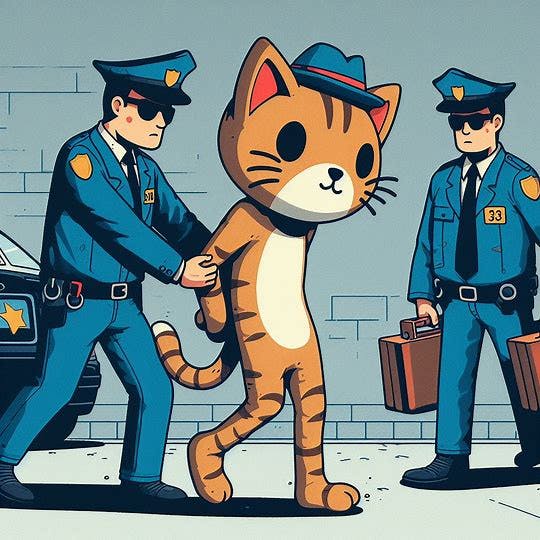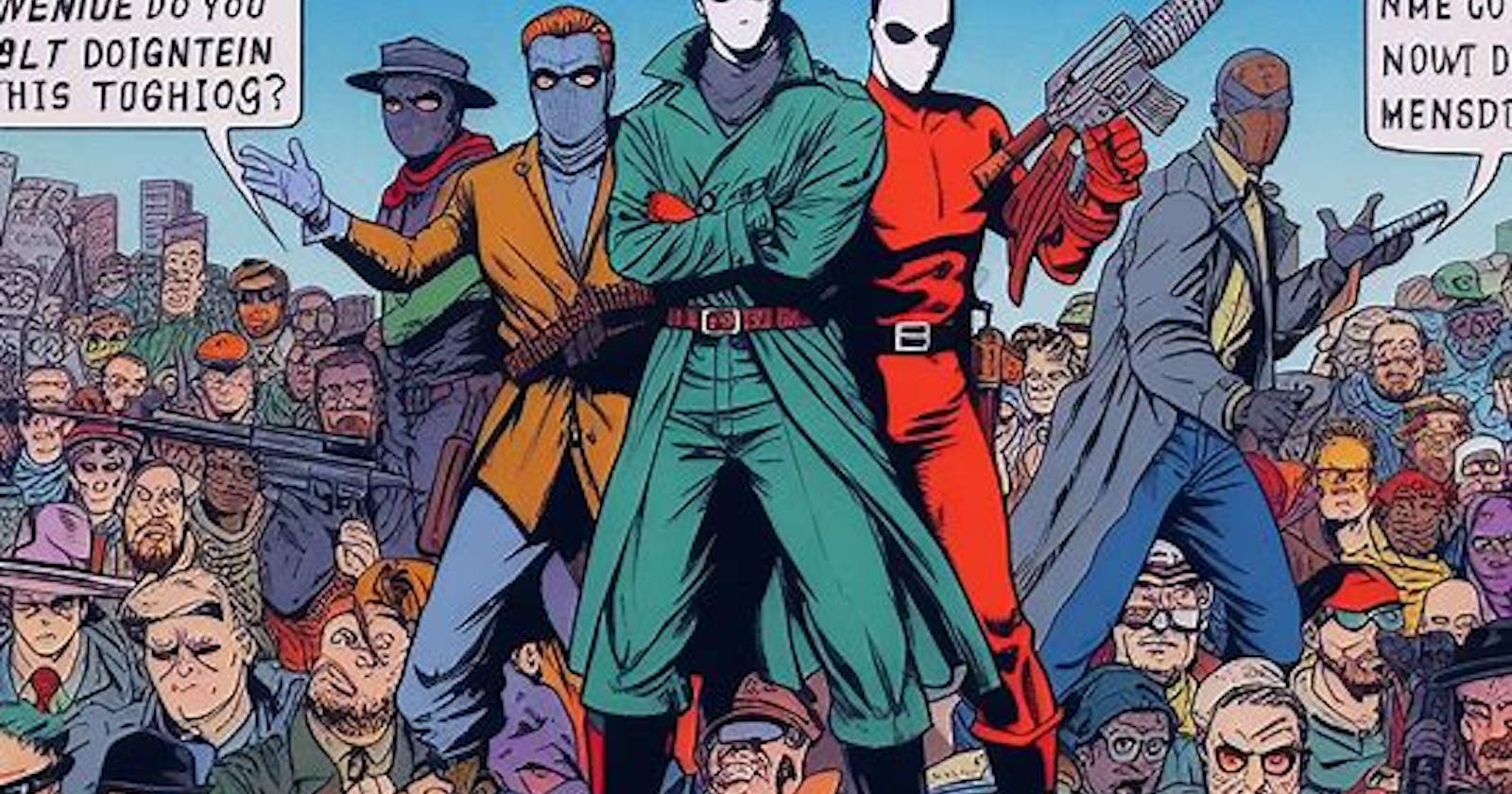The vigilante profession is adventurous, but I wasn't recruited into it; I chose this lifestyle. It's essentially freelance work. Let me tell you how it all began.
My day job is an analyst position at a bank. The daily routine was monotonous: wake up, get ready, head to the office, clickity clack on the keyboard, return home, cook dinner, and sleep. Pretty dull, right? We're often told we're destined for greater things, and I was certain this wasn't it. I needed something more fulfilling in my life. Many suggested a hobby to break the monotony. I tried pottery, didn't enjoy it. Tried comedy at open mics, but got no laughs. So, I abandoned the hobby idea altogether.
One fine day, returning from an open mic event, I witnessed a mugging. In that moment, I realized I wanted to fight against injustice. So, I decided to become a vigilante. I refrained from intervening at the time because I lacked training and entering a profession unprepared would be foolish.
Now, let me list some important pointers for anyone considering to become a vigilante.
Choosing Your Principles
There are various schools of thought on vigilantism. One popular belief advocates for non-lethal intervention, allowing the law to administer punishment. However, this approach has major flaws; often, the law doesn't act effectively, and criminals go unpunished.
Take, for instance, a vigilante known as Catman, who at night neutered and vaccinated stray dogs using a vapor-based sedative. His actions were praised, as they significantly reduced the stray dog menace in many areas. However, he was later arrested by the police for performing surgeries without a medical license, his identity exposed by an animal rights activist. This highlights the numerous pitfalls involved.

Another approach is to administer punishment directly. There was a vigilante who chopped off fingers corresponding to each crime committed by a criminal. This method notably reduced the crime rate. However, he was eventually killed in a police encounter, lured by an undercover officer posing as a criminal. People can be quite naive.
Personally, I believe in protecting people, de-escalating situations, and then disappearing into the shadows without engaging with law enforcement. It's a futile pursuit.
Then there's the controversial notion of death as punishment. Some vigilantes target the worst criminals and end their lives. I haven't dwelled much on this approach, as I consider myself a low-level vigilante.
Anyway, I must hurry now; I'm running late for my day job. I'll delve into more pointers in my upcoming blog post. Stay tuned for that. Also, I'd appreciate it if you share this blog with friends interested in vigilantism.
